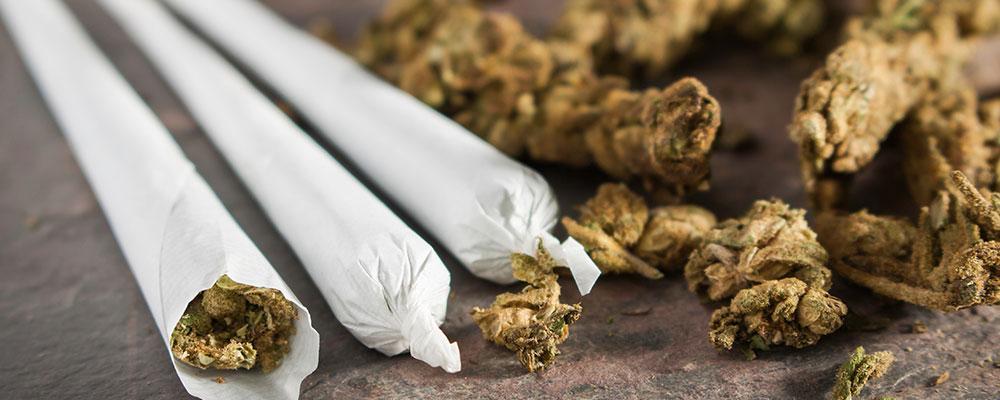Chicago Cannabis Marijuana Lawyer

Attorneys for Cases Involving Marijuana Possession and Use
The use of marijuana has become more socially acceptable in recent years, and people have also begun to recognize its benefits when used to treat certain medical conditions. Because of this, multiple states have made marijuana legal. Illinois is one of the most recent states to do so, and people in Chicago, the surrounding suburbs, and throughout the state may now purchase, possess, and use marijuana, both recreationally or for medical purposes. However, there are limits on where cannabis can be legally purchased, the amount a person can possess, and the places and circumstances where it can be used. Failure to follow these regulations could result in drug charges. When facing any criminal charges related to the possession or use of marijuana, Illinois residents or those visiting the state should contact an experienced criminal defense lawyer.
Legal Use of Marijuana in Illinois
As of January 1, 2020, Illinois residents who are over the age of 21 are allowed to possess marijuana in the following amounts:
- 30 grams of cannabis flower
- 5 grams of cannabis concentrate
- Cannabis-infused products containing up to 500 milligrams of THC
Residents of other states are allowed to possess half of these amounts. Marijuana products must be purchased from a licensed dispensary, and they can be smoked or consumed in a person's home, unless this is prohibited by a landlord. Some dispensaries or other cannabis-related businesses may also allow consumption on their premises. A person cannot use cannabis in a motor vehicle, and products must be transported in a sealed, airtight container. Only licensed business owners are allowed to grow marijuana and create and sell marijuana products. However, registered medical cannabis patients are allowed to grow up to five plants for their own use.
A person who possesses more than the legal amounts of marijuana could face drug possession charges, which could be misdemeanors or felonies, depending on the amount possessed. Cultivating or selling cannabis without a valid license is also a criminal offense that could result in misdemeanor or felony charges. Transporting marijuana across state lines could result in drug trafficking charges, and since marijuana is still considered illegal under federal law, this could result in charges of federal drug crimes.
Marijuana users should also be aware of the potential for being charged with DUI when using the drug. Under Illinois law, a person is considered to be intoxicated if they are measured as having at least five nanograms of THC per milliliter of blood or at least 10 nanograms per milliliter of another bodily substance. The penalties for marijuana DUI are the same as a driver would face for driving while intoxicated by alcohol, including driver's license suspension, fines, and potential imprisonment.
Expungement of Previous Marijuana Charges
Even though the laws have changed, a large number of people may have previously been arrested or convicted based on offenses that are no longer illegal. Along with the legalization of recreational marijuana, the state of Illinois will also allow for the expungement of criminal records for these offenses.
For those who had been charged with possession of less than 30 grams of marijuana, but the charges were dropped, or the case did not result in a conviction, criminal records will automatically be expunged. However, depending on when the arrest occurred, this automatic expungement may not be completed until 2021 or later. If a case resulted in a conviction for possession of less than 30 grams of cannabis, records may be expunged after receiving a pardon from the Governor of Illinois. The Illinois State Police is required to forward any eligible criminal records to the Prisoner Review Board, which will provide recommendations on whether a person should receive a pardon. If a pardon is granted, a court will order expungement.
While the changes to the cannabis laws in Illinois may provide a variety of benefits to the state's residents, people may still find themselves facing charges related to the use of marijuana. If you need help defending against criminal charges involving marijuana possession or marijuana DUI, or if you want to know how to make sure your previous criminal records for these types of offenses are expunged, you should speak to an experienced attorney who can help you understand your legal options.















